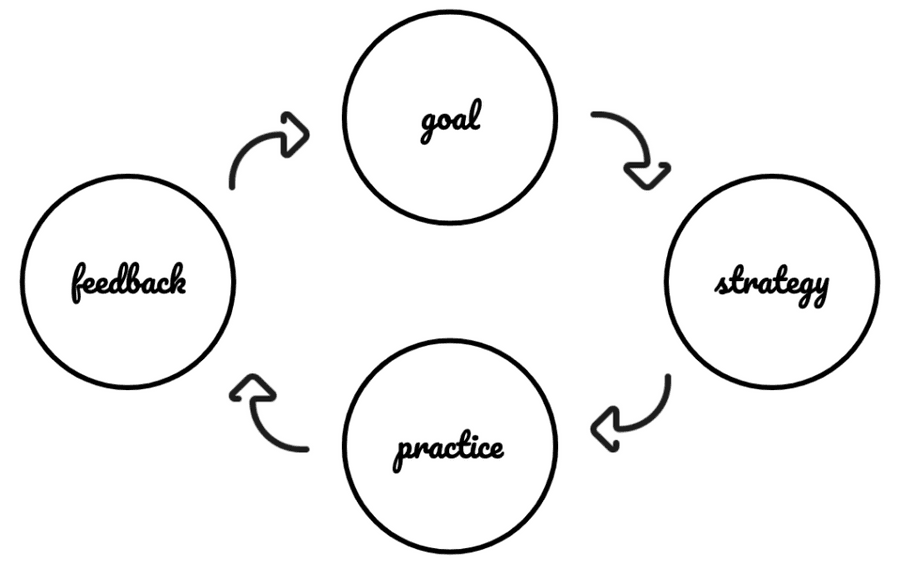Self-education: how to leverage the end of credentialism - Ness Labs
Curated from: nesslabs.com
Ideas, facts & insights covering these topics:
4 ideas
·1.46K reads
16
Explore the World's Best Ideas
Join today and uncover 100+ curated journeys from 50+ topics. Unlock access to our mobile app with extensive features.
Self-Education: The Way Of The Future
Self-learning (also known as autodidacticism) is useful for certification (and fine-tuning) of your existing skills, to be able to learn continuously, and for the cultivation of your curiosity.
It’s essential to move out of the comfort zone and dive into the learning zone.
77
473 reads
The Learning Loop
Self-learning is about goals and the meaning you derive out of your work, though it can also work without a goal, only for self-satisfaction.
The Learning Loop is as follows:
- Identification of the goal, where we research about what are the requirements.
- Devising a learning strategy.
- Practice with consistency and resilience.
- Ensure you get adequate feedback about your progress.
95
333 reads
Mindframing For Self-Education
Mind Framing or the personal growth framework uses the PARI method:
- Pact: A public commitment to learning something new.
- Act: Studying, practicing and experimenting.
- React: Sharing of progress and building of projects.
- Impact: Work towards something new using the acquired skill and move towards a new pact.
95
381 reads
Stepping Away From Credentialism
The world is already moving towards direct acquisition of skills and away from credentials. Companies are increasingly okay with self-learned, skilled employees that get the job done.
Many online resources like Coursera, edX.org, Udemy and others can open new doors in our lives and provide us with new skills if we can take the plunge.
76
281 reads
IDEAS CURATED BY
George I.'s ideas are part of this journey:
Learn more about problemsolving with this collection
How to build trust in a virtual environment
How to manage remote teams effectively
How to assess candidates remotely
Related collections
Similar ideas
Read & Learn
20x Faster
without
deepstash
with
deepstash
with
deepstash
Personalized microlearning
—
100+ Learning Journeys
—
Access to 200,000+ ideas
—
Access to the mobile app
—
Unlimited idea saving
—
—
Unlimited history
—
—
Unlimited listening to ideas
—
—
Downloading & offline access
—
—
Supercharge your mind with one idea per day
Enter your email and spend 1 minute every day to learn something new.
I agree to receive email updates


